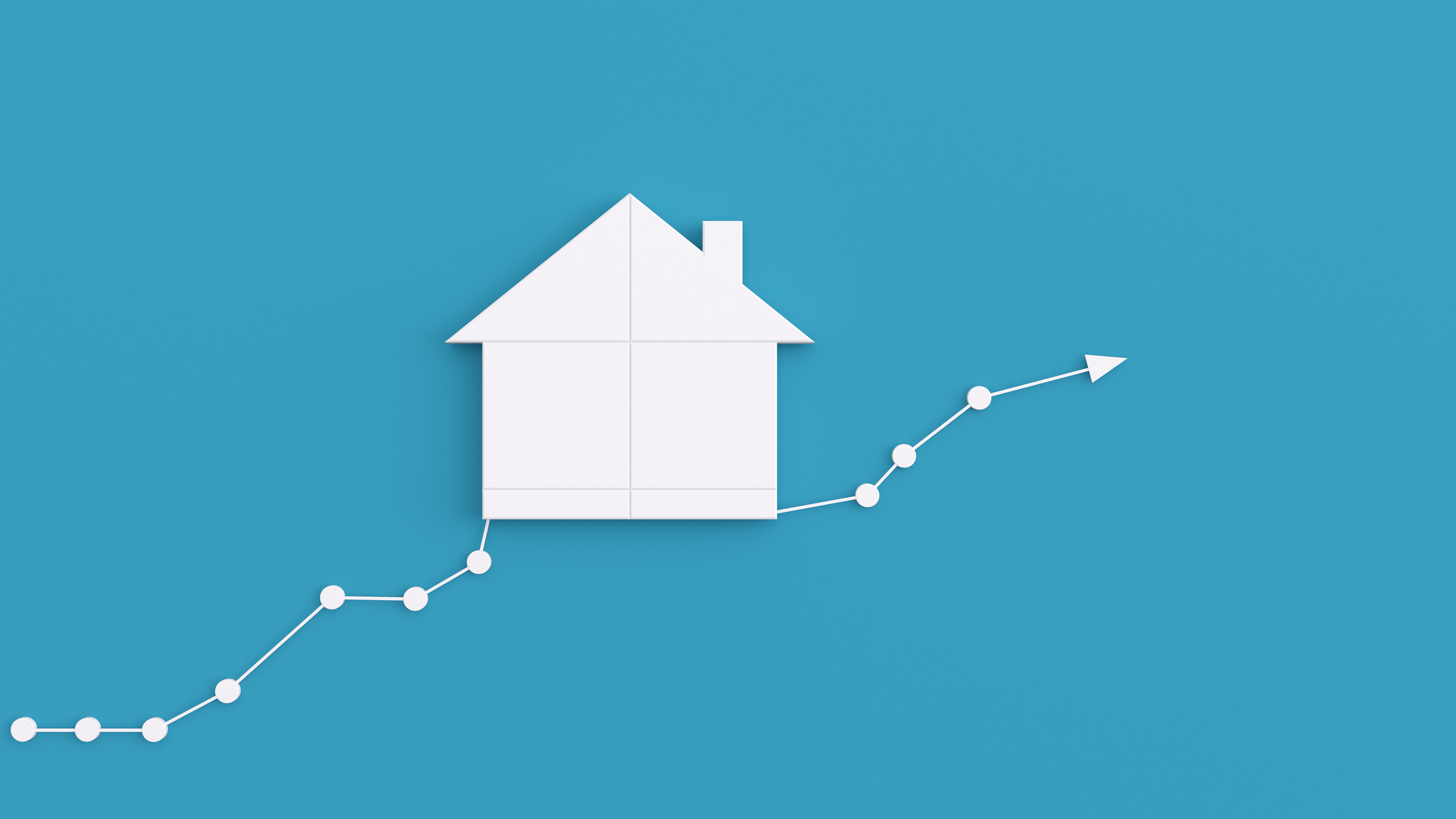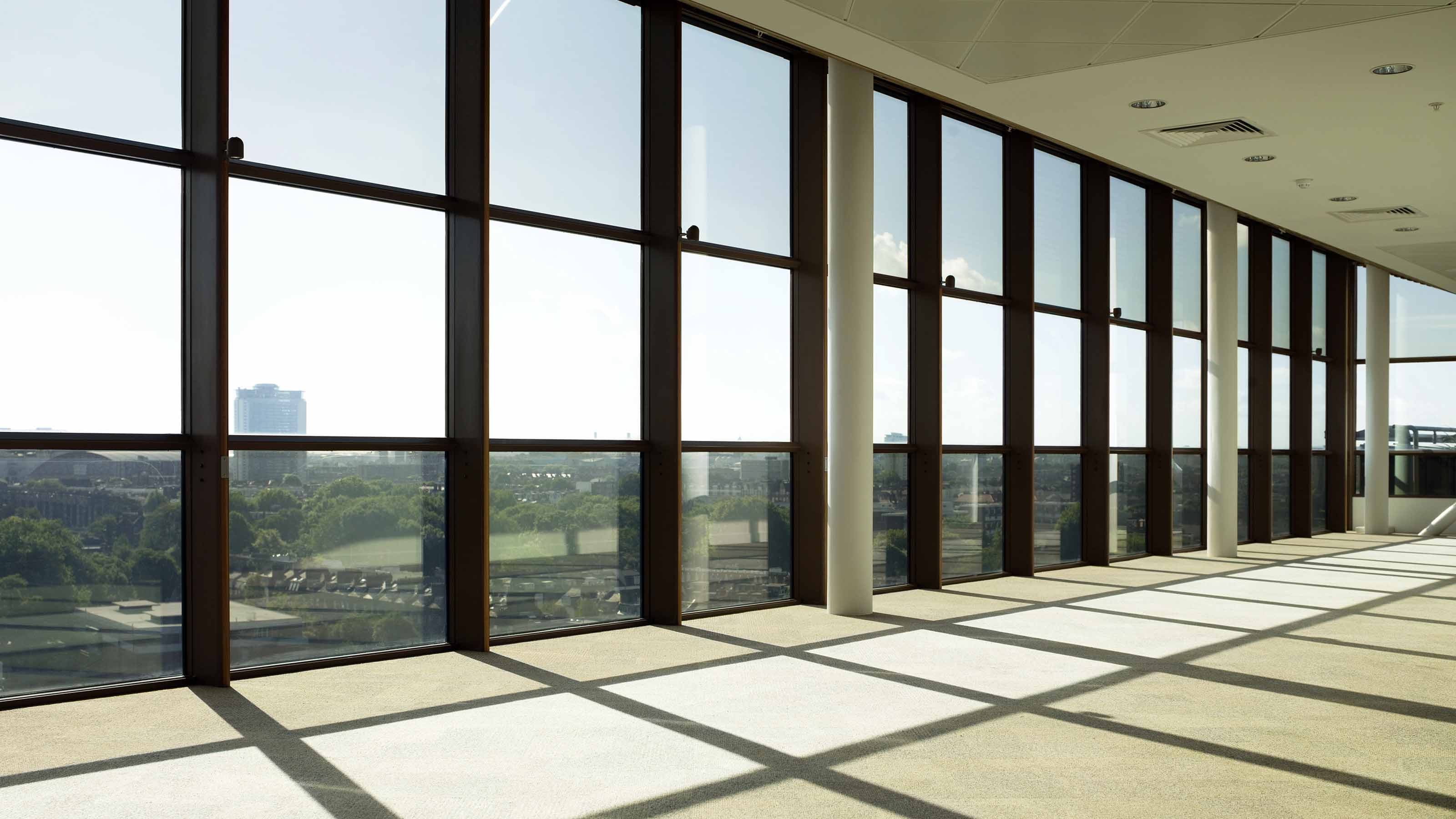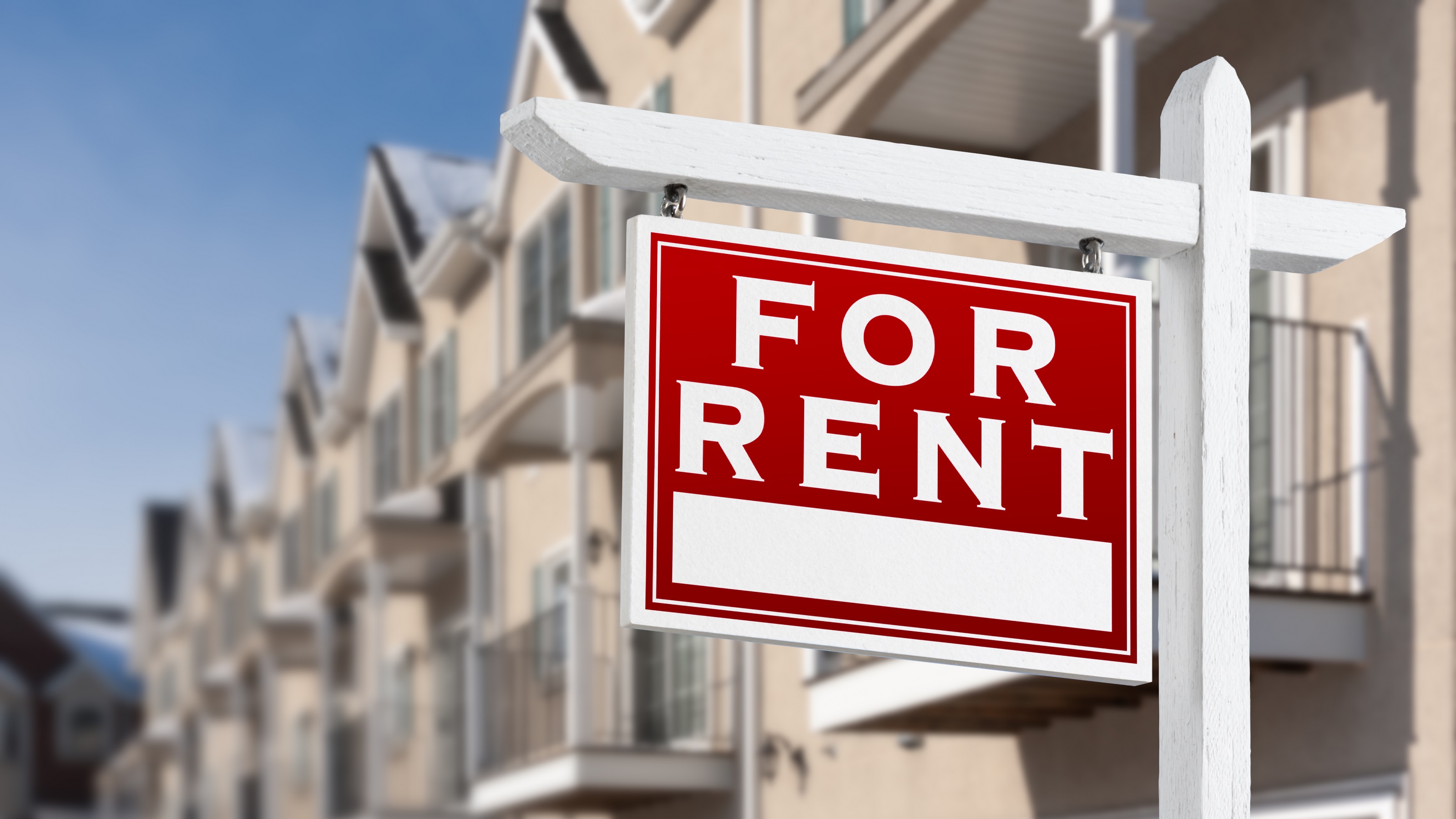Starting Your Home Search
A home's price shouldn't be the only factor in your search. Also consider the location and quality of the property.
Profit and prosper with the best of Kiplinger's advice on investing, taxes, retirement, personal finance and much more. Delivered daily. Enter your email in the box and click Sign Me Up.
You are now subscribed
Your newsletter sign-up was successful
Want to add more newsletters?

Delivered daily
Kiplinger Today
Profit and prosper with the best of Kiplinger's advice on investing, taxes, retirement, personal finance and much more delivered daily. Smart money moves start here.

Sent five days a week
Kiplinger A Step Ahead
Get practical help to make better financial decisions in your everyday life, from spending to savings on top deals.

Delivered daily
Kiplinger Closing Bell
Get today's biggest financial and investing headlines delivered to your inbox every day the U.S. stock market is open.

Sent twice a week
Kiplinger Adviser Intel
Financial pros across the country share best practices and fresh tactics to preserve and grow your wealth.

Delivered weekly
Kiplinger Tax Tips
Trim your federal and state tax bills with practical tax-planning and tax-cutting strategies.

Sent twice a week
Kiplinger Retirement Tips
Your twice-a-week guide to planning and enjoying a financially secure and richly rewarding retirement

Sent bimonthly.
Kiplinger Adviser Angle
Insights for advisers, wealth managers and other financial professionals.

Sent twice a week
Kiplinger Investing Weekly
Your twice-a-week roundup of promising stocks, funds, companies and industries you should consider, ones you should avoid, and why.

Sent weekly for six weeks
Kiplinger Invest for Retirement
Your step-by-step six-part series on how to invest for retirement, from devising a successful strategy to exactly which investments to choose.
Buying a piece of real estate is different than buying a home. The former requires getting the legal and financial parts right, while the latter means finding a property that you'll be happy living in. Here are some tips to help ensure that your next house is a place you'll want to stay for years to come:
If, at first glance, this looks like a house you'll want to pursue, sketch out floor plans and take pictures on your first visit; they'll help you envision the house hours or days later. Also, take note of special features. If you're looking at several homes, these will help you remember which was which.
Cast a critical eye. You have to see beyong the owners' posessions or professional "staging" -- window-dressing used to make a house look most enticing. If the floor plan doesn't suit you, can you rearrange space or add on?
From just $107.88 $24.99 for Kiplinger Personal Finance
Become a smarter, better informed investor. Subscribe from just $107.88 $24.99, plus get up to 4 Special Issues

Sign up for Kiplinger’s Free Newsletters
Profit and prosper with the best of expert advice on investing, taxes, retirement, personal finance and more - straight to your e-mail.
Profit and prosper with the best of expert advice - straight to your e-mail.
You'll want a professional inspection made later if you decide to buy, but you can make some tentative judgments on your own. Check for:
Poor water pressure. For example, turn water on in a bathroom sink and check for weak flow. Replacing corroding plumbing can be costly.
Ceiling stains that indicate something's leaking.
Overloaded electrical outlets or lots of extension cords. Today's electrical demands may exceed capacity of homes built even a decade ago.
Exterior features, like driveways, that slope toward a home. Without proper drainage measures that all but guarantees water in the basement and attendant problems.
Odors. Bad ones may be hard to get rid of. If a house smells too clean, like bleach, it may indicate that the owner has tried to cover up other problems, like mold or urine.
Deteriorating roof, gutters and exterior finish. Use your binoculars for a bird's-eye view.
Ease of opening and closing windows. This will also let you know if the house has updated thermal windows or old-style windows that you may need or want to replace later.
Are you looking at older houses with the intention of remodeling or expanding? If so, have an architect or contractor standing by to accompany you on a second visit. The judgment of these professionals on the ease and probable cost of renovation should play a major role in how much you offer.
Profit and prosper with the best of Kiplinger's advice on investing, taxes, retirement, personal finance and much more. Delivered daily. Enter your email in the box and click Sign Me Up.
-
 Nasdaq Leads a Rocky Risk-On Rally: Stock Market Today
Nasdaq Leads a Rocky Risk-On Rally: Stock Market TodayAnother worrying bout of late-session weakness couldn't take down the main equity indexes on Wednesday.
-
 Quiz: Do You Know How to Avoid the "Medigap Trap?"
Quiz: Do You Know How to Avoid the "Medigap Trap?"Quiz Test your basic knowledge of the "Medigap Trap" in our quick quiz.
-
 5 Top Tax-Efficient Mutual Funds for Smarter Investing
5 Top Tax-Efficient Mutual Funds for Smarter InvestingMutual funds are many things, but "tax-friendly" usually isn't one of them. These are the exceptions.
-
 Will Lower Mortgage Rates Bring Relief to the Housing Market?
Will Lower Mortgage Rates Bring Relief to the Housing Market?The Kiplinger Letter As mortgage rates slowly come down here's what to expect in the housing market over the next year or so.
-
 Commercial Real Estate Outlook 2024: The Kiplinger Letter
Commercial Real Estate Outlook 2024: The Kiplinger LetterThe Kiplinger Letter In 2024, expect hybrid and work-from-home trends, tighter budgets, rising rents and the demand for data centers to continue.
-
 Delinquent CRE Loans Are on the Rise: The Kiplinger Letter
Delinquent CRE Loans Are on the Rise: The Kiplinger LetterThe Kiplinger Letter Banks are expanding their efforts to restructure CRE loans to avoid losses from the commercial real estate sector.
-
 As Mortgage Rates Rise, Renting Is Now Cheaper Than Buying for Many: The Kiplinger Letter
As Mortgage Rates Rise, Renting Is Now Cheaper Than Buying for Many: The Kiplinger LetterThe Kiplinger Letter A jump in mortgage rates has caused housing affordability to slump and priced many first-time home buyers out of the market.
-
 Rental Market Will Slow Through 2023: The Kiplinger Letter
Rental Market Will Slow Through 2023: The Kiplinger LetterThe Kiplinger Letter Expected growth in the rental market is likely to remain slow for the rest of the year amid a slow housing market and cooling economy.
-
 How to Set the Price to Sell Your Home
How to Set the Price to Sell Your Homereal estate If you're selling your home, setting the right price is crucial. Don't overprice or you'll scare away prospective buyers.
-
 WFH Impact on Commercial Real Estate Market: Kiplinger Economic Forecasts
WFH Impact on Commercial Real Estate Market: Kiplinger Economic ForecastsEconomic Forecasts Commercial real estate continues to struggle. Office vacancies hit 18.9% in the second quarter of 2023.
-
 Greenland, U.S. Plans to Boost Tourist Economy: Kiplinger Economic Forecasts
Greenland, U.S. Plans to Boost Tourist Economy: Kiplinger Economic ForecastsEconomic Forecasts A U.S. congressional effort could see some Canadian visitors get longer stays, meanwhile, Greenland bids to be the next vacation hotspot.